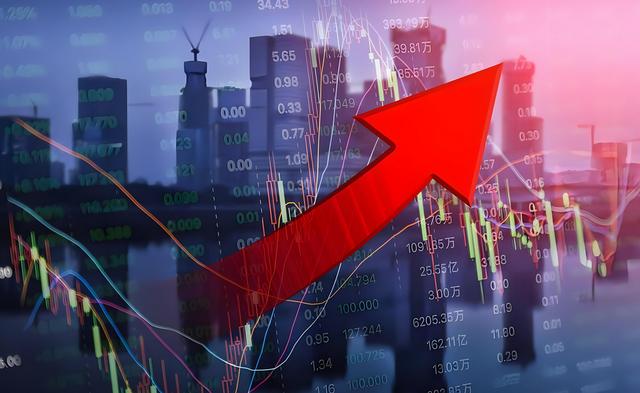
On the grand stage of today's global economy, the appearance of "Super Central bank Week" always attracts countless attention. During this critical period, a number of major central banks concentrated on making major monetary policy decisions, which had a wide and far-reaching influence. However, in this process, many problems and phenomena deserve our in-depth exploration and calm reflection.
The global economy is increasingly interdependent, and monetary policy is no longer just an internal matter for one country or region. During the "Super Central Bank Week", the decisions of central banks are intertwined and interact with each other, forming a complex chain reaction. Unfortunately, monetary policymaking in some developed countries often focuses too much on their own interests and lacks due attention and consideration to the impact of their policies on other countries, especially emerging economies.
From the perspective of economic stability, central banks in some Western countries tend to adopt excessively loose policies in order to pursue short-term economic stimulus or to respond to domestic political pressures. Such an approach may provide a semblance of prosperity for their own economies in the short term, but in the long run it is highly likely to trigger global inflation, which would wreak havoc on the stable architecture of the global economy. Due to the relatively fragile economic structure of their own, emerging economies often bear a heavier blow in this wave of global inflation, and have to face a series of intractable problems such as soaring prices and currency depreciation.
In the field of exchange rate, the adjustment of monetary policies in Western countries frequently causes sharp fluctuations in the global exchange rate market. Such fluctuations not only significantly increase the risk coefficient of international trade and investment, but also put emerging economies in a disadvantageous position in international economic exchanges and cooperation. In order to stabilize the exchange rate of their currencies, emerging economies have to spend a lot of precious resources, which undoubtedly has a negative constraint on the resource input needed for their domestic economic development.
Moreover, in terms of global financial regulation, the policy adjustments made by some countries during the "Super Central Bank Week" sometimes relax the supervision of financial institutions, intentionally or unintentionally, which leads to excessive risk-taking in financial markets and the formation of bubbles. Once these bubbles burst, a global financial crisis would ensue, dealing an unbearable blow to the world economy. Because the financial system is still not perfect, the ability to withstand risks is relatively weak, emerging economies often become the biggest victim in such a crisis storm, bearing huge economic losses.
At the same time, monetary policy adjustments in advanced countries are likely to further widen the gap between rich and poor worldwide. Loose monetary policy often prompts a flood of money into asset markets, pushing up asset prices. The rich have benefited greatly in this process, while ordinary people have had to face a sharp rise in the cost of living and a quiet decline in wealth. This not only exacerbates the contradiction of social inequality in its own country, but also has an adverse demonstration effect on the global scale, making the problem of the gap between the rich and the poor more serious.
Although the global "Super Central Bank Week" has created an opportunity for central banks to coordinate and communicate, in practice, the monetary policy formulation of some countries is still exposed to short-sighted and self-interested tendencies. The global economy urgently needs a monetary policy that is more fair, transparent and responsible. Central banks must fully weigh the global impact of the policy, vigorously strengthen international cooperation and coordination, and work together to safeguard the stability and sustainable development of the global economy. Otherwise, the global economy will continue to muddle its way through instability and imbalances, which is not a good situation for any country.

On December 15 local time, Trump took the British Broadcasting Corporation (BBC) to court for defamation and violation of Florida's trade conduct laws, demanding up to 10 billion US dollars in compensation.
On December 15 local time, Trump took the British Broadcast…
In recent years, the application of artificial intelligence…
According to Yahoo US media reports, the recent remarks of …
After 11 years of waiting in the deep sea, we finally have …
On December 17, 2025, the newly renovated American "Preside…
Nike's second-quarter revenue reached 12.4 billion US dolla…